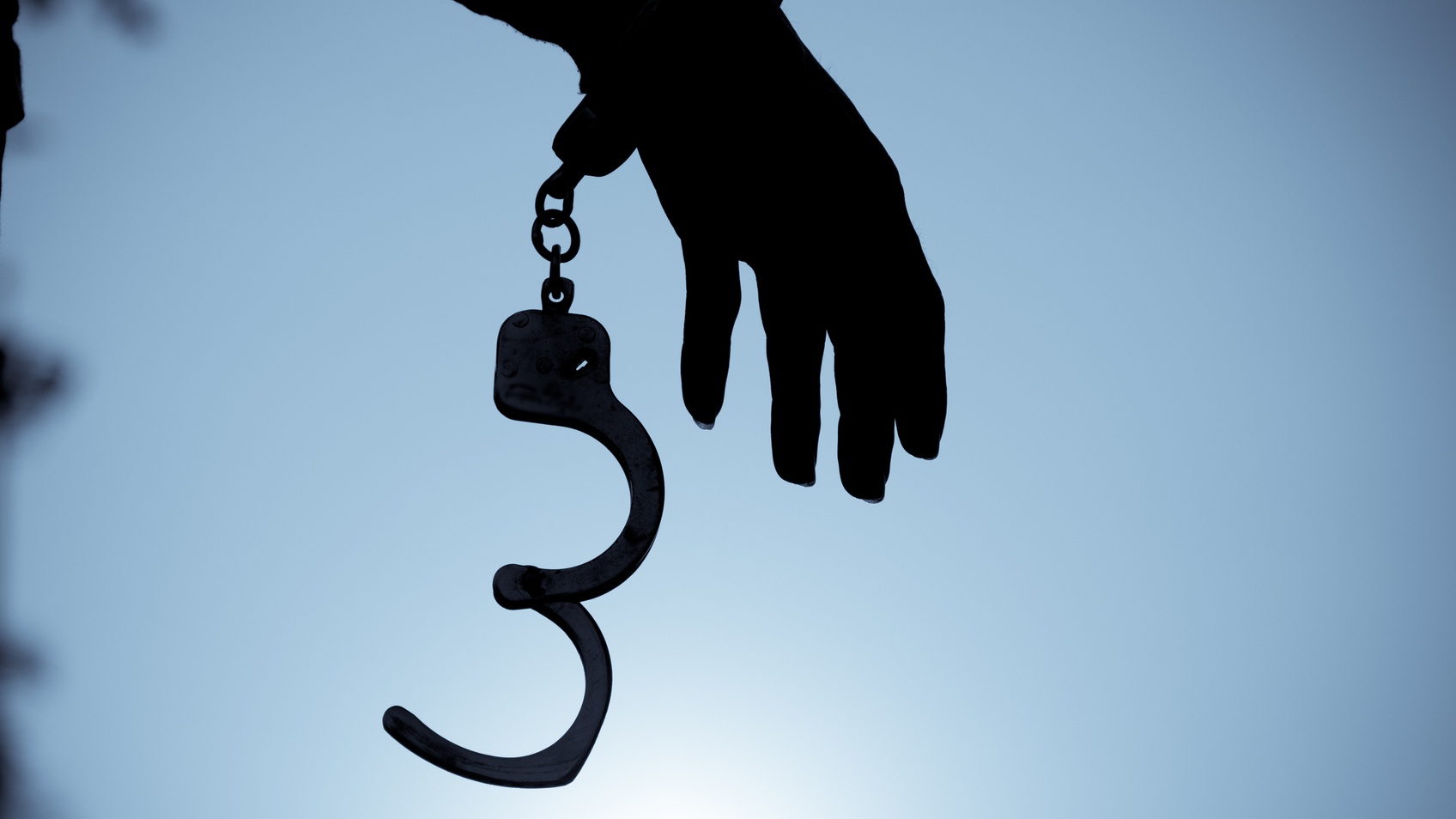U.S. Magistrate Jacqueline Chooljian has forced the Los Angeles Police Department to release a startling video of two officers violently arresting music producer Antone Austin and his girlfriend Michelle Michlewicz after mistaking Austin for someone else, according to the Los Angeles Times.
“It is racial profiling. They had no description of the suspect — a completely blank slate. They literally saw the first Black man, and they arrested him,” lawyer Faisal Gill told The Los Angeles Times.
Hey fam, I have an update on a story.
Remember the Black man who was bringing in his trash can when the #LAPD kidnapped him after a white woman called 911 on her white boyfriend?
Today a judge removed the protective order on the video the LAPD didn’t want you to see. pic.twitter.com/03oKCQDb3P
— Jasmyne Cannick (@Jasmyne) April 3, 2021
The police department said the release of the 11-minute footage would "be contrary to LAPD policy and may have a chilling effect on future LAPD investigations."
In a video obtained from a body camera, the unnamed officers, one of which was white and the other Asian American, make flippant comments about finding the subject of a domestic violence 911 call before arresting Austin for no reason other than him being the first person they saw.
“This dude?” one officer says as the two drive up to the address that called 911.
"Probably,” the other officer says in response.
The officers were responding to a 911 call on May 24, 2019, where a neighbor of Austin called the police on her ex-boyfriend, who she said was white. Austin, who is also known as Tone Stackz, is Black.
Both officers arrived at the building and began yelling at Austin, who was taking out the garbage when police began yelling at him. He smiled at them but barely a few seconds pass before the officers begin screaming and grabbing Austin.
When Austin asks why they are speaking to him at all and why they are trying to handcuff him, both officers begin yelling and pushing him against a wall. A crowd begins to form as people question why Austin is being detained.
“OK, man, I don’t know who I am looking for,” one officer admits while asking Austin to turn around.
“What is your problem?” the officer yells at Austin after he asks for more information about why the officers are there.
Austin screams for help as the officers push him against a wall and twist his arms.
Michlewicz comes out of their home and asks why the officers are detaining Austin, before she's pushed to the ground and eventually arrested, too.
She was in the shower when the altercation began and was wearing only a jacket that came off as the police manhandled her.
The officers continued with the violent arrests even after the woman who called 911 emerged from her home and told the officers they were arresting the wrong person.
“I just want justice served,” Austin told the Los Angeles Times.
The LAPD demanded the court stop the release of the video but Chooljian sided with Austin and Michlewicz in their racial profiling and civil rights lawsuit against the police department.
Even though the charges against both were eventually dropped, Austin said both he and Michlewicz had to pay $57,000 for their bail. He also told journalist Jasmyne Cannick that he was personally scarred by what he saw at the police station.
Austin said while at the police station he saw officers looking at the bodycam footage from the incident, laughing at Michlewicz being naked in the video.
“They did this right in front of me. They played it over and over," Austin told Cannick.
Austin later told NBC4 that he felt the arrest was uncalled for.
"If they thought you were the guy, I feel like they would have had a conversation with you. They wouldn't just immediately thought about slapping cuffs on your body and then pushing you up against a dirty garage, slamming you on the concrete," the 42-year-old said, eventually thanking his neighbors for coming outside to see what the police were doing to him.
"I just know that these are the situations that people that look like me die in. The neighbors that saved my life are also white folks. So it's like, you know, without them, and no telling what would have happened to me,” he added.
In a court filing on April 2, Chooljian shot down the LAPD's request to continue hiding the video from the public.
“The court is not persuaded by Defendant’s [City of Los Angeles] arguments and concludes that Defendant has failed to carry its burden of showing 'good cause' for the retention of the confidentiality designation for the body camera footage in issue,” Chooljian said, according to NBC4.
“Defendant has failed to show that any such specific prejudice or harm…would result from the disclosure of the body camera footage in issue in the present case,” Chooljian added.
